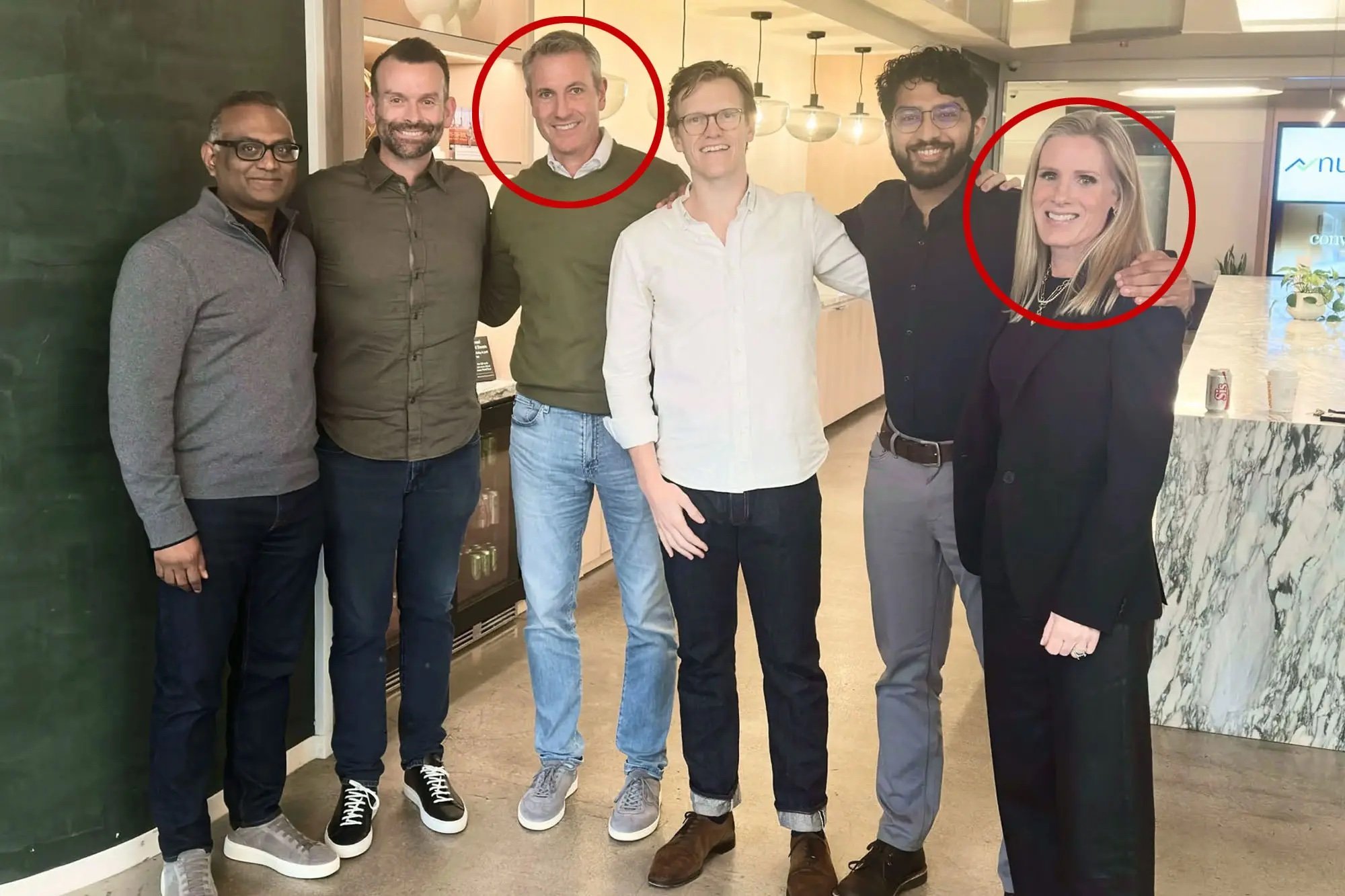
Beyond Job Descriptions
Studies show that employees who engage in role crafting report higher engagement, stronger performance, and lower burnout (Wrzesniewski & Dutton, 2001). It gives people a sense of ownership and helps them connect their work to what they care about. But it also helps teams. When done well, role crafting can surface hidden skills, fill capability gaps, and reduce friction around unclear responsibilities.
Estimated reading time: 4 minutes

Structuring Belonging: A Practical Approach to Inclusion
According to Gartner, only 26% of HR leaders say they have a “defined and transparent” approach to flexible work (Gartner, 2023). That gap between intention and implementation matters — and it’s where most companies get stuck.
Estimated reading time: 4 minutes

From Policy to Practice: Making Flex Work Actually Work
The practical side of flexible work design, tracking, and communication
Estimated read time: 4 minutes
Flexible work sounds great in theory. But in practice, it often gets lost between a policy PDF and a manager’s interpretation of “do what works for your team.” The result is inconsistency, ambiguity, and sometimes resentment — not because flex work is the problem, but because the structure around it is missing.
Flexibility without clarity leads to confusion. Employees are told they can work from anywhere, but then receive mixed signals about visibility, responsiveness, or in-office preferences. Leaders say they support flexibility, but often default to old habits when measuring performance or assigning opportunity.

Talent Drain or Leadership Gap?Is attrition about the market — or your leadership pipeline?
When strong people leave an organization, leaders often point to external factors: aggressive recruiters, better compensation, or market volatility. But what if the issue isn’t the talent market? What if it’s the leadership pipeline?
Estimated reading time: 3 minutes

Cognitive Load at WorkThe science of overload and decision fatigue — and how to structure work for clarity
Research from cognitive psychology shows that working memory can only hold about four chunks of information at once (Cowan, 2010). Beyond that, our brains start compensating by dropping information, skipping steps, or defaulting to easier, habitual answers. In a business context, that means your best thinkers are often too taxed to actually think.

Bridging L&D and Business Outcomes: How to Make Learning Programs Support Business Goals
The gap between what employees are taught and what organizations need is costly. A 2023 report by McKinsey found that only 40% of companies say their capability-building programs deliver measurable business value. The disconnect is not a failure of effort; it’s a failure of alignment.

Rebuilding Trust: A Strategic PR Response Plan for Astronomer
Rebuilding Trust: A Strategic PR Response Plan for Astronomer, Byron, and Cabot - Release a brief, fact-based public statement within 48 hours. Avoid emotional language or defensiveness. Clarify what is known, what is being reviewed, and what Astronomer stands for.

Audit Your People Strategy in 5 Questions
In a study of 1,000 companies by Zenger & Folkman (2019), only 27% of leaders were rated as effective coaches. Coaching and decision-making are not soft skills. They are teachable, behavioral capabilities with real outcomes.

Succession Planning Without the Buzzwords: What Actually Works in Preparing Future Leaders
A meta-analysis published in Personnel Psychology found that internal leadership development programs correlated positively with both individual performance and organizational outcomes, especially when combined with experiential learning and structured feedback (Collins & Holton, 2004).

Distributed but Not Disconnected: Building Trust, Accountability, and Focus Across Remote Teams
Behavioral insights and operational tips for building trust, accountability, and focus across hybrid or remote teams.

The Manager Bottleneck: Fixing Middle Leadership with Science
Here’s how to equip middle managers with decision-making tools, not just soft skills.

First-Year, First Impact: Rethinking New Grad Development
How structured learning paths, cohort-based onboarding, and early wins accelerate growth for recent graduates.

Mentorship That Moves the Needle: How to Design Programs that Work
Why most mentorship programs fail — and how to design one that measurably improves learning, retention, and engagement.

The Science of Strong Teams: What Actually Works
When cohesion and psychological safety work together, teams become significantly more capable of navigating uncertainty, integrating diverse perspectives, and executing complex tasks. A 2021 meta-analysis by Frazier et al. found that psychological safety was strongly correlated with performance, especially when teams had a high degree of interdependence and were tasked with problem-solving.
Importantly, cohesion can support the development of psychological safety by fostering trust and mutual understanding. At the same time, psychological safety can accelerate cohesion by encouraging open communication and vulnerability. These two dynamics reinforce each other, creating what researchers call a virtuous cycle of performance (Newman et al., 2017).